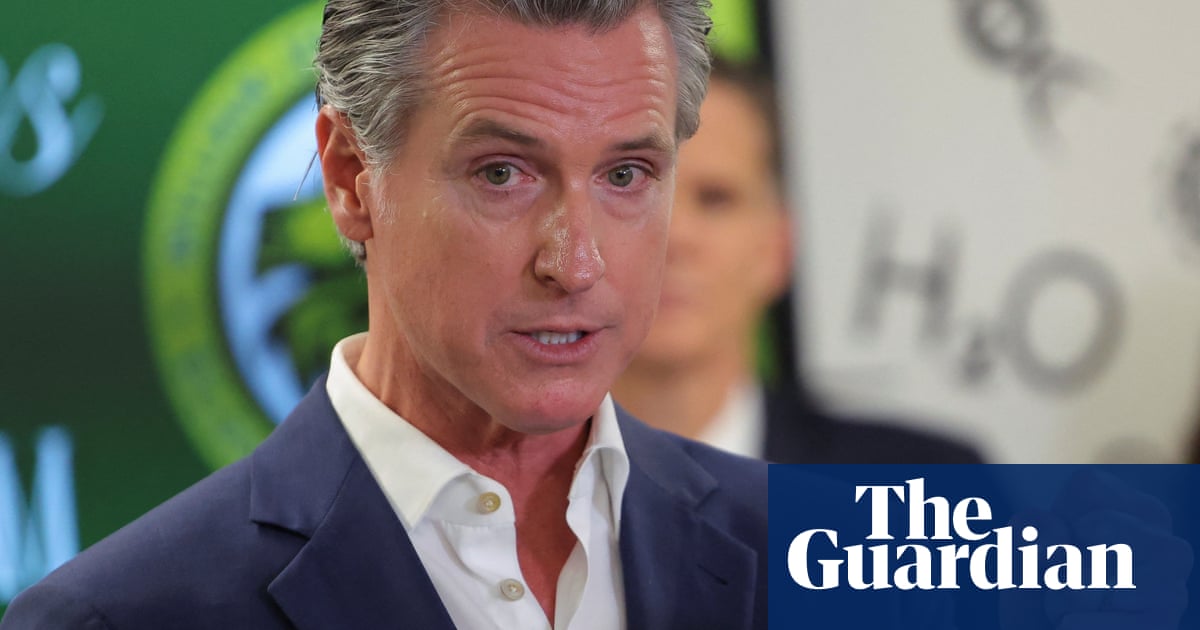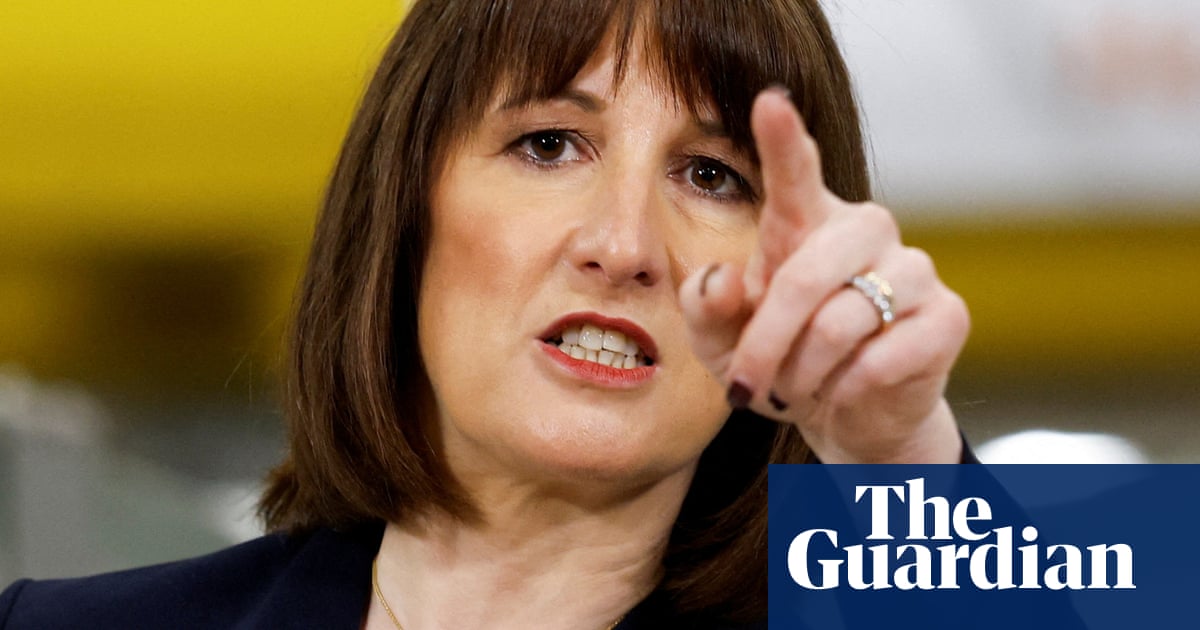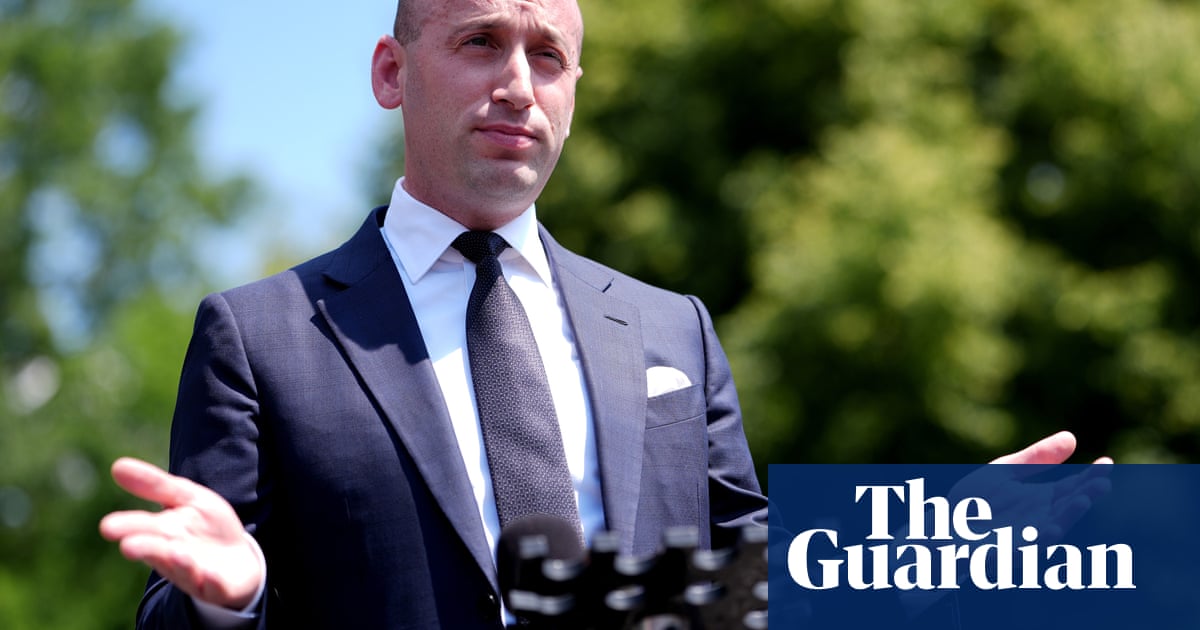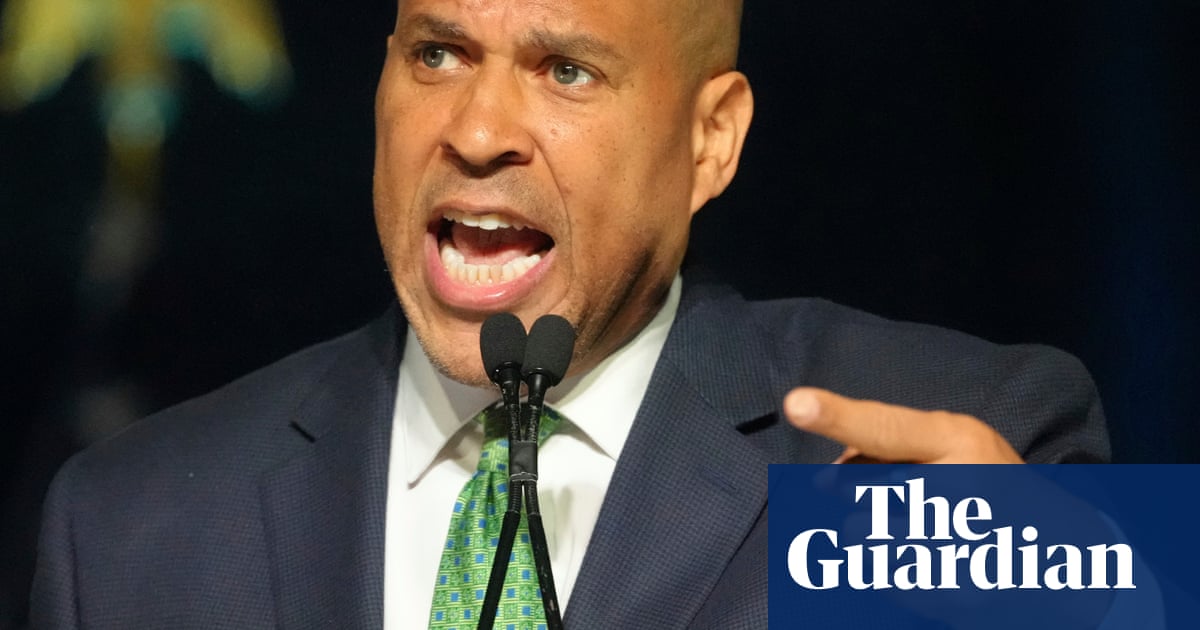A former civil servant who was unfairly dismissed for blowing the whistle about the chaotic withdrawal from Afghanistan and Boris Johnson’s role in evacuating a pet charity from Kabul, says she now wants her job back.
Josie Stewart, 44, also hopes that her successful case will force Whitehall to take public interest disclosures seriously, and establish an independent commissioner for whistleblowers.
Stewart said she has been “overwhelmed with messages of support and gratitude” from civil servants after she won an employment tribunal case against the government.
It is rare for anyone who wins a case for unfair dismissal to be reinstated in their former post, but Stewart hopes to become the exception. “I know the vast majority of my former colleagues feel positively about this outcome and I could certainly work with them again,” she said.
Speaking to the Guardian she added: “I loved being a civil servant and still think I have a lot to contribute.”
The tribunal found that the Foreign, Commonwealth and Development Office (FCDO) acted unlawfully by withdrawing Stewart’s security clearances after it discovered she had spoken anonymously to the BBC and leaked a cache of sensitive emails. It also found that her decision to make public interest disclosures were reasonable, after the FCDO failed to engage with her concerns internally.
Stewart said the outcome was the “culmination of years of stress and trauma”. Despite her ordeal at the hands of the FCDO, Stewart remains more angered by her treatment at the BBC.
Stewart’s cover was blown when Newsnight reporter Sima Kotecha tweeted images of leaked government emails that included Stewart’s name. Asked if she had forgiven Kotecha, Stewart said: “I have felt very angry at times. It was hard seeing her career progress while mine ended. But I don’t feel personal animosity towards her now. She was just careless. I am angry, though, at the BBC.”
Stewart said she had no support from the BBC and that it refused her requests to give evidence at her tribunal.
Stewart’s anonymous interview to Newsnight corroborated an account about the chaotic withdraw from Kabul given by Raphael Marshall, her former colleague at the Afghanistan crisis centre.
The tribunal found it was “reasonable for her to go to the UK’s public service broadcaster” when the allegations had already been put in the public domain by Marshall “and government ministers were publicly disputing them”. But it said the leaking of the emails about the chaotic withdrawal and prioritising the pet charity Nowzad did not count as public interest disclosure.
Stewart said she was “disappointed” by this aspect of the ruling. She said: “Those messages, and our case, brought into the open issues that parliament hadn’t managed to get out of the FCDO, so there are important questions there about how government accountability works.”
During her tribunal, Stewart’s barrister, Gavin Millar KC, challenged senior government officials to identify references to whistleblowing laws under the Public Interest Disclosure Act in FCDO guidance and policies to staff. They could not do so.
Stewart thinks it should be made much more explicit to civil servants that they can blow the whistle despite their duty of confidentiality.
She said: “I think the duty of confidentiality is very important and always lived by it, up until this extremely rare event. It needs to be recognised that it can be reasonable and legal under certain circumstances to go directly to the press.”
Stewart added: “I hope that is now recognised in the civil service because I don’t want other civil servants to ever go through what I went through.”
She added: “Public interest disclosure protections should make senior civil servants and politicians know they could be held accountable by someone telling the truth direct to the media.”
Stewart said her whistleblowing was treated as a “tick box exercise” by her bosses. She said it would only be not taken seriously “if there is an independent route for civil servants to raise their concerns”. She is backing a call by the speak-up charity Protect for an independent statutory commissioner for whistleblowing.
Stewart said: “It is not the primary objective of civil servants to protect their political masters, it should be to serve government but also the public interest. Truth and accountability matters. There needs to be a shift back towards integrity in government.”
The FCDO said it will review the ruling.
A spokesperson for the BBC said: “We take our responsibilities as journalists very seriously and we deeply regret that the name of the email account was inadvertently revealed when the email was published on social media.”

 3 months ago
53
3 months ago
53

















































